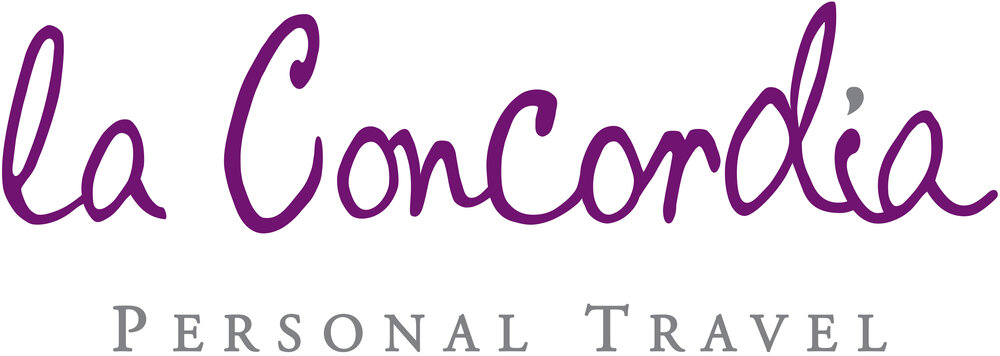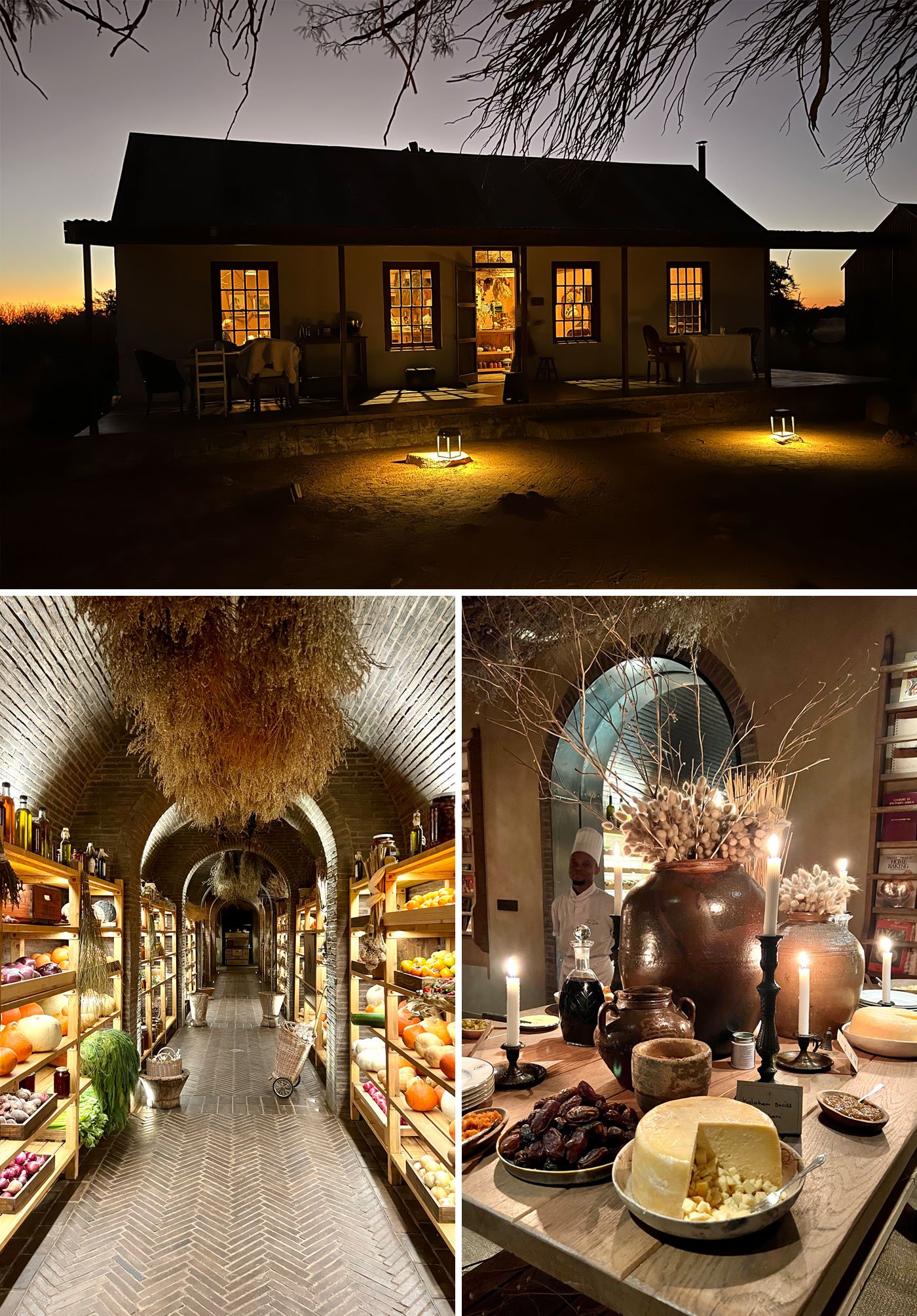When it comes to going on safari, there are a lot of options. But it’s not often you get an animal sighting all to yourself. Or have the excitement of being able to go out with your own guide and vehicle to really track animals, not knowing what you will see along the way…albeit it won’t be another vehicle. But at Tswalu, that’s exactly what you do get. Where I hear you ask? Tswalu…it’s a mind blowingly epic reserve in South Africa’s northern province bordering Botswana, that stretches for 1,100 square kilometres across rolling Kalahari dunes and semi-arid grasslands, backed by the Korannaberg Mountains.
Anyone who worked in finance in Manchester in the early 90s like me, will remember a businessman called Stephen Boler. This was his baby. He wanted to restore a huge swath of the desert back into a pristine wilderness. So he set about acquiring cattle farms whose land had been degraded from overgrazing, reintroducing native animals and pulling down fences so the animals could roam free. When he suddenly passed away in 1998, the reserve was taken over by the Oppenheimer family who continued his work. Tswalu is now the largest private game reserve in South Africa, with conservation most definitely at its core and a flourishing ecosystem created through rewilding, habitat protection and sustainable tourism.
With just three small, luxury camps in all this space (sleeping a total of 40 guests) you are assured exclusive access to this untamed wilderness. The Motse is the earthy, socialable camp where you can mix with other guests, but with only 9 suites you can also keep yourself to yourself. Tarkuni is a private villa perfect for extended families.
Whilst Loapi is a brand new camp consisting of six individual “tents”, which appear to float above the landscape. I had the privilege of staying recently and my standalone home (each tent is spaced 100m from its neighbour) was so beautiful on the inside it left me speechless. Then on the outside, the staggering landscape that surrounds the camp can be seen from every room, but the best place to observe it - and look for animals - is from the deck. Our home came with a dedicated homathi, or butler, and a private chef. We chose when to eat and what to eat. We were welcomed back home from safari with a glass of champagne. We had drinks and dinner under the stars with no-one else around, relishing the silence.
All guests at Tswlau, regardless of the camp you are staying at, are allocated their own vehicle, guide and tracker so you have the opportunity to choose the time of your game drives and design your days around your personal interests. Venturing out into the Kalahari with your guide could entail tracking wildlife, watching for mountain zebras whilst enjoying a picnic in the bush, or admiring ancient rock art. Instead of pre-established itineraries, you have the flexibility to tailor your experience around you and to your own pace. Mine was spending hours sat amongst a colony of habituated meerkats.
Tswalu is also different in that where else on safari can you go out for dinner at a restaurant under the guidance of a Michelin Starred chef? But you can at Klein Jan. The restaurant appears out of nowhere. One moment you're driving in a safari vehicle, scanning the scrubby, red-earth landscape for nocturnal animals, the next, a chalky-white building appears under a Boscia tree. A terrace juts out from the 100-year-old farmhouse, with tables draped in pressed white cloths and waiters with crystal glasses on silver trays. It's as though you've stumbled upon a movie set. And then you go on a culinary journey of native Kalahari cuisine.
As one of the few malaria-free reserves in South Africa that allows children of all ages, Tswalu is also ideal for families. Either in one of the two-bedroom homes at Loapi or Tarkuni, the private 5-bedroom villa. Whilst a Junior Rangers programme will keep them happy during the day when they are not out on safari.
Tswalu is not for the first-time safari goer who wants to see the Big Five all in one day. There are only 4 of the Big Five in the reserve as elephants are not native to the Kalahari. Rhinos, lions, cheetahs, brown hyenas and antelope like roan and sable are there, but not lurking around every corner. Wildlife is harder to find, but what an adventure and how thrilling when you stumble across wild dog pups or an aardvark.
Guests return time after time for the big electric blue sky, golden grasslands, rusty iron-rich soil and a horizon that appears to continue forever. They have a deep appreciation for solitude, silence and space and love the freedom of being able to map out their safari days as they like and to spend time with the animals they love. Tswalu is different to other safari lodges - it is more remote, vaster, wilder - and therein lies its charm.
If you would like to discover Tswalu and how best to combine it with other safari destinations or with Cape Town or a beach holiday, then please do get in touch and let me create a once in a lifetime trip for you.









